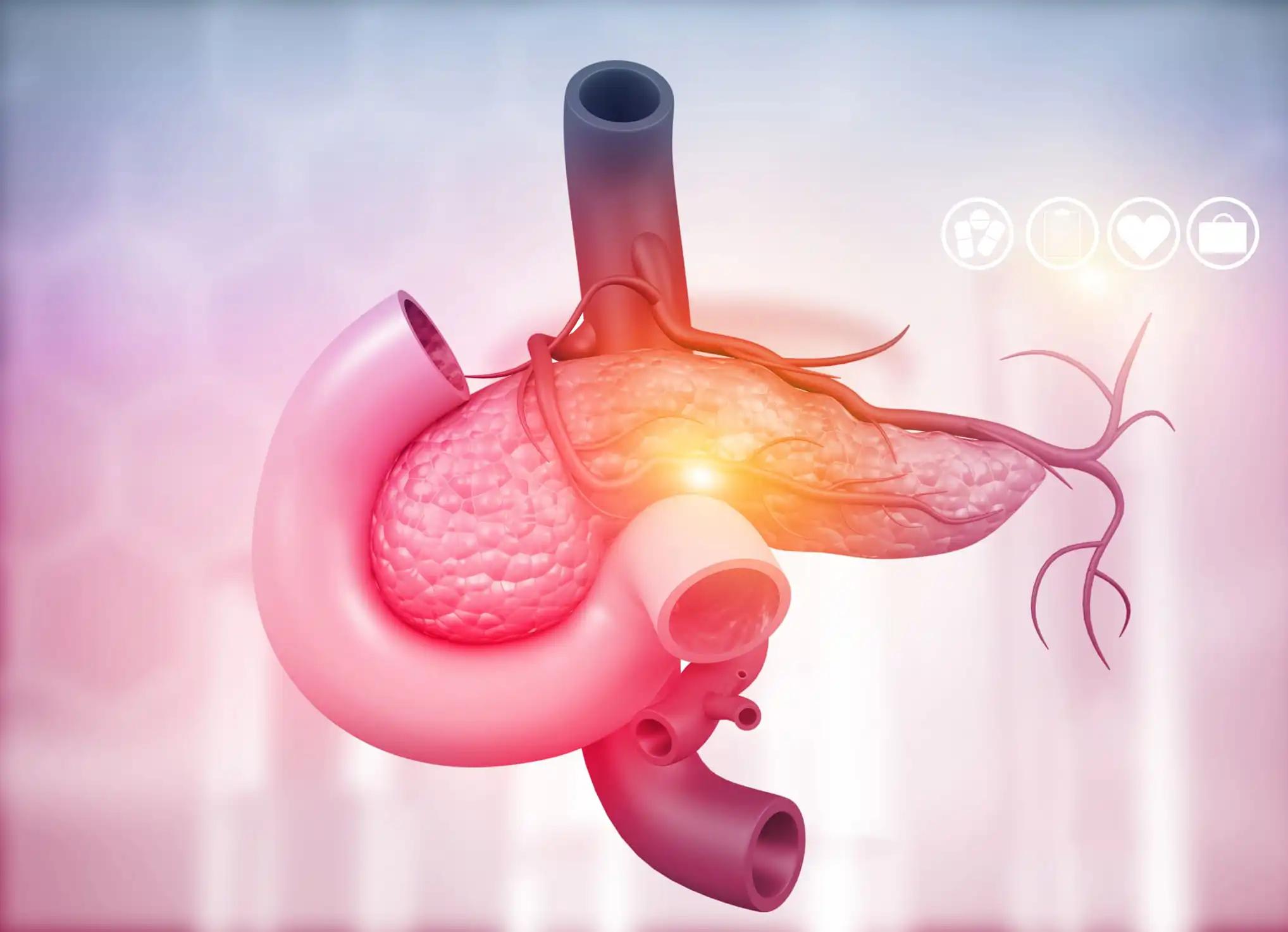KEY TAKEAWAYS
- The HIMALAYA phase 3 trial aimed to assess STRIDE’s efficacy in improving OS in non-viral etiologies of uHCC.
- The results revealed that STRIDE demonstrated better OS rates and safety over S in non-viral uHCC.
The phase 3 HIMALAYA study demonstrated improved overall survival (OS) with STRIDE (Single T Regular Interval D) compared to sorafenib (S) across hepatitis B virus (HBV), hepatitis C virus (HCV), and non-active viral hepatitis etiologies in unresectable hepatocellular carcinoma (uHCC).
Maria Elisa Reig Monzon and colleagues aimed to characterize further the subgroup of patients with non-viral etiologies of uHCC within the HIMALAYA trial.
Researchers conducted an exploratory analysis and assessed the efficacy and safety of STRIDE compared to D or S in participants with non-viral etiology, defined as no active viral hepatitis or prior HBV infection.
They also evaluated self-reported alcohol use (yes [formal/current] vs. no [never]) and history of metabolic/diabetes comorbidities. OS was analyzed using hazard ratios (HRs) and 95% CIs from a Cox proportional hazards model. Data were current as of January 23, 2023.
The results showed that in the non-viral subgroup of 388 randomized patients to STRIDE, D, or S, 245 (63%) reported alcohol use. Baseline characteristics were balanced across treatment groups. Non-viral etiology and alcohol use were more prevalent in Western countries compared to Asia.
Among those with alcohol use, 147 out of 245 (60%) had metabolic diabetes comorbidities, compared to 64 out of 142 (45%) without. OS was improved, with higher 36-48-month OS rates observed for STRIDE and D compared to S. Grade 3/4 treatment-related adverse events (AE’s) were fewer with STRIDE and D than with S in the non-viral subgroup, consistent with previous reports.
The study concluded that STRIDE continues to show a survival benefit in a narrowly defined non-viral etiology subgroup of patients. Higher 36- and 48-month OS rates were observed with STRIDE compared to S, without new safety concerns. These findings enforce STRIDE’s efficacy in a globally diverse uHCC population.
The trial was sponsored by AstraZeneca.
Source: https://cslide.ctimeetingtech.com/esmogi24hybrid/attendee/confcal/show/session/3
Clinical trial: https://www.clinicaltrials.gov/study/NCT03298451
Monzon MER, Tam VC, Sangro B, et al. (2024) “Non-viral aetiology subgroup of the phase III HIMALAYA study of tremelimumab (T) plus durvalumab (D) in unresectable hepatocellular carcinoma (uHCC).” Presented at ESMO-GI 2024, (Abstract 167P).



